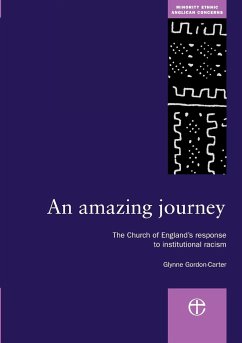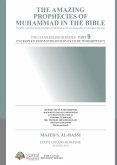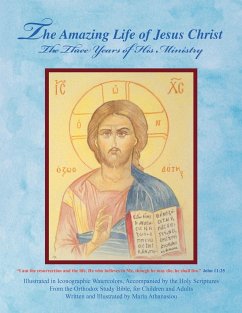¿ How has the Church responded to the challenge to combat institutional racism? ¿ What efforts are being made to bring about positive and sustained changes in the structures? ¿ To what extent are the issues being addressed by church schools, clergy and parishes? ¿ How are theological colleges and courses responding to the importance of preparing and training ordinands for leadership in multi-cultural, multi-ethnic and multi-faith Britain? ¿ What is the Church doing to encourage a more culturally diverse lay and ordained leadership? These are some of the questions that have challenged the Church of England in its struggle to understand racism and the way it is used by institutions, maybe unwittingly, to disadvantage minority ethnic people. The Stephen Lawrence Inquiry Report acted as a catalyst and forced the Church to take a fresh look at itself with respect to its record in combating institutional racism. This book gives new insights into the Church of England's response to race issues and presents a fascinating view of the Church at the start of the twenty-first century. It highlights examples of good practice and demonstrates the progress that has been made since the publication in 1991 of Seeds of Hope, a seminal report of a survey on combating racism in the Church of England. An Amazing Journey is written from the perspective of Glynne Gordon¿Carter who served the Archbishops' Council's Committee for Minority Ethnic Anglican Concerns (the former Black Anglican Concerns Committee) as Secretary from 1987 to 2001.
Hinweis: Dieser Artikel kann nur an eine deutsche Lieferadresse ausgeliefert werden.
Hinweis: Dieser Artikel kann nur an eine deutsche Lieferadresse ausgeliefert werden.








